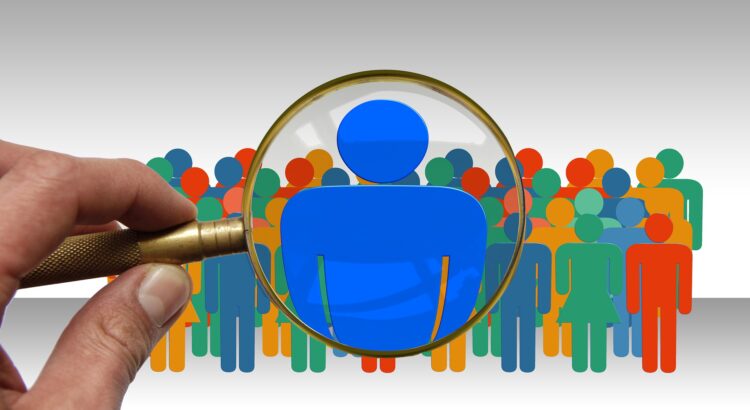Last December, I started a coaching series, and while I was doing my introspection analyzing my behavior, my coach introduced me to the idea of my inner saboteur.
What if I told you that you’re awesome, but there’s a high probability that you have forgotten about it, about your true self, your true potential.
This is the idea of the inner saboteurs, and it is based on the research of Shirzad Chamine. I introduced it in issue #22 of my newsletter.
The Saboteurs
Shirzad explains that we are all born awesome, but we forget how great we are while we grow up. And this happens because we have some voices in our head, the saboteurs, that usually … Read the rest!




